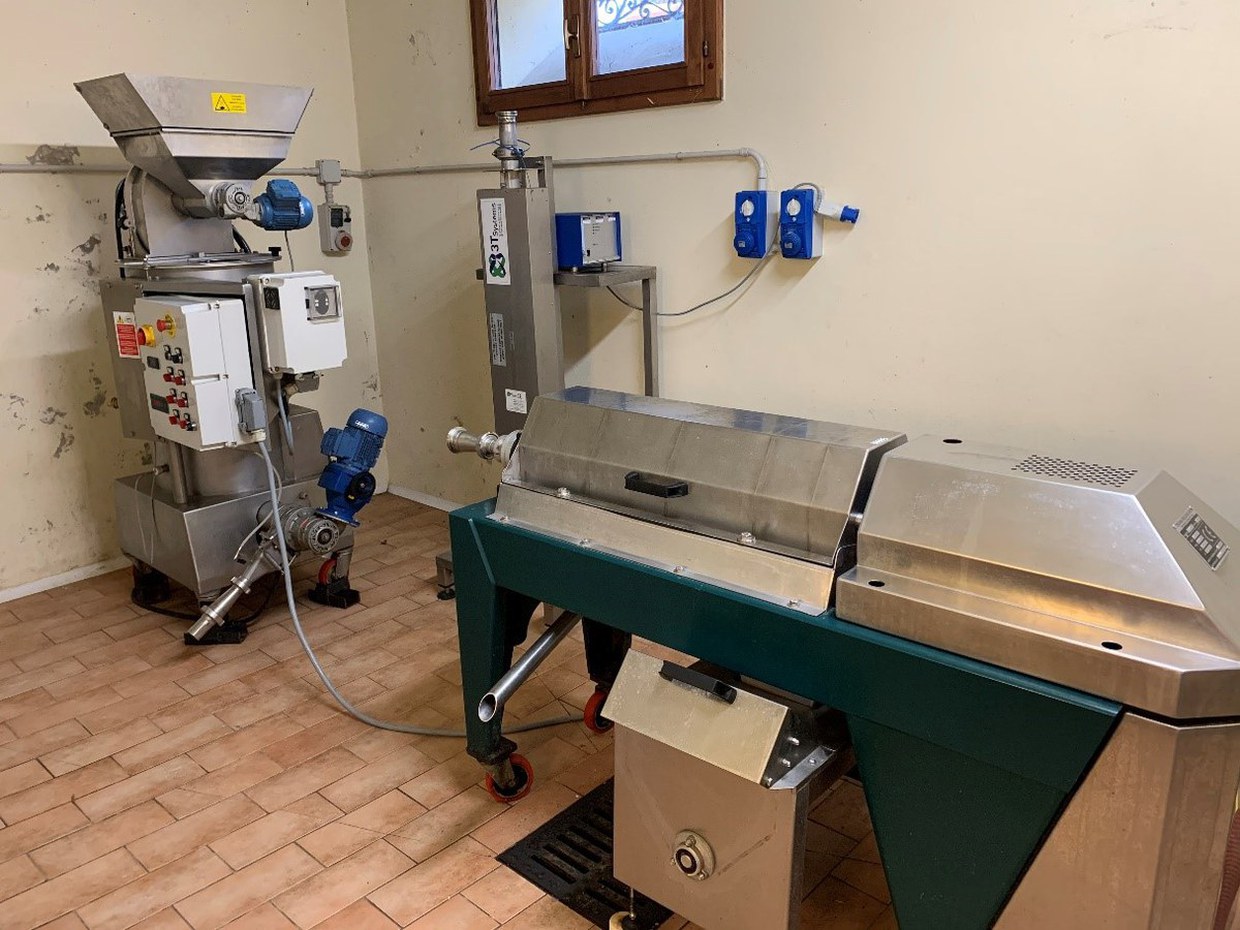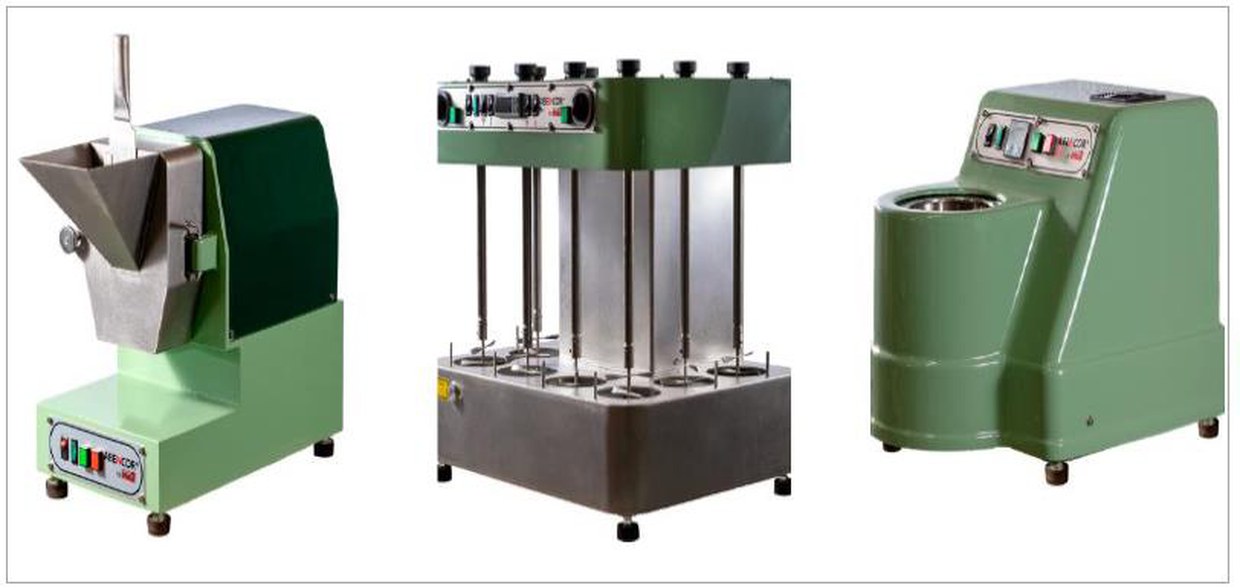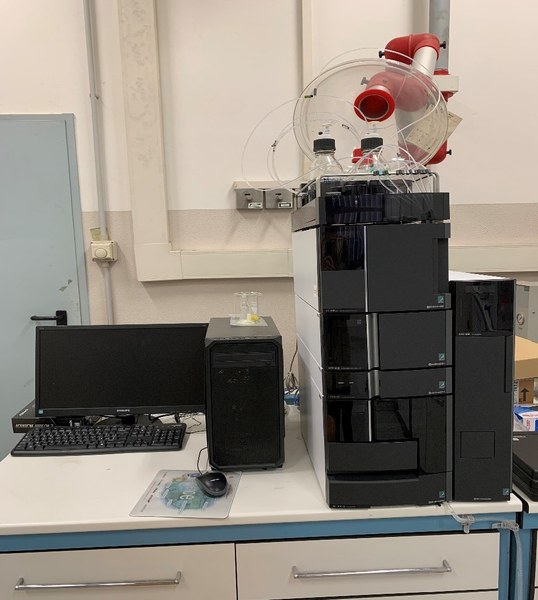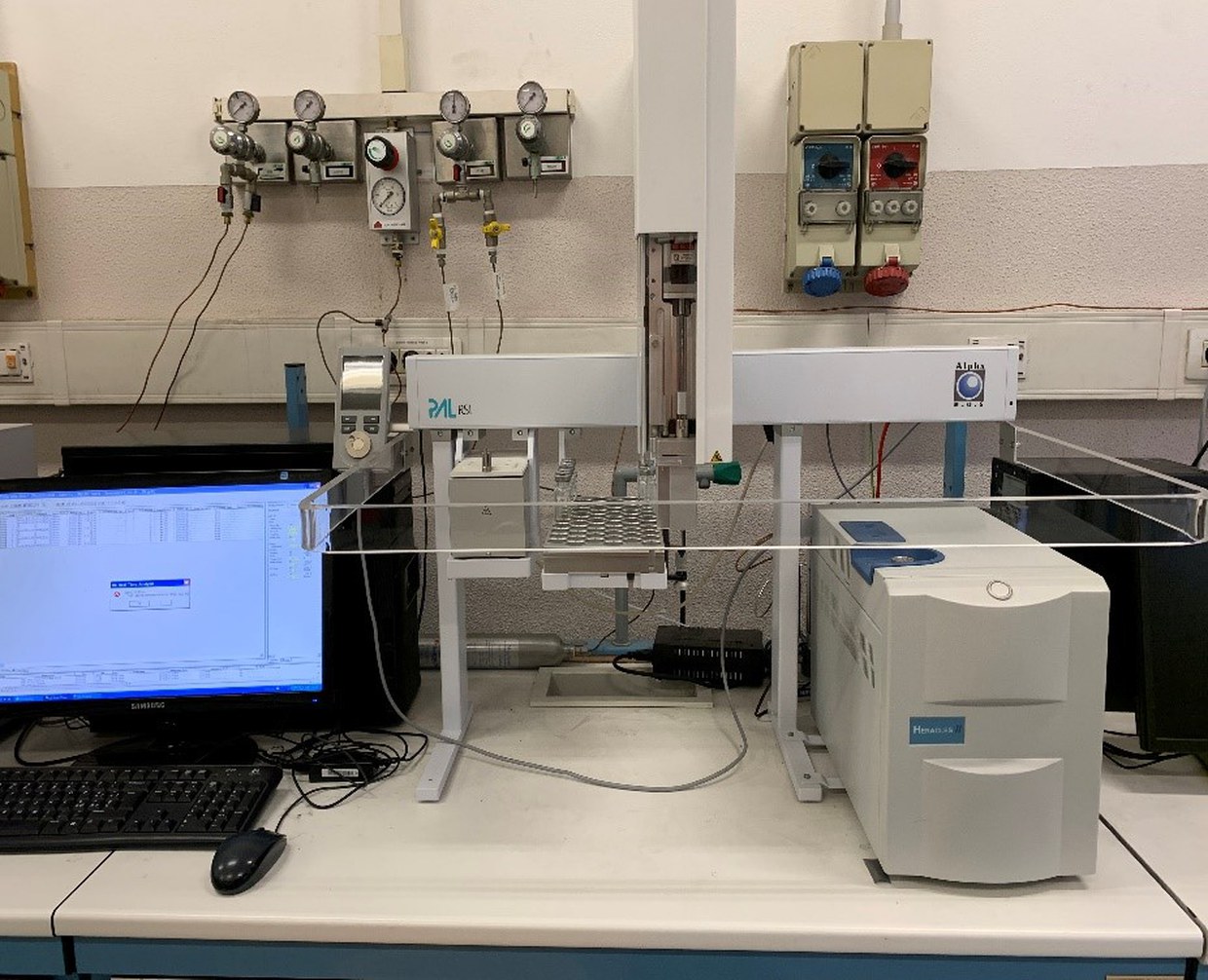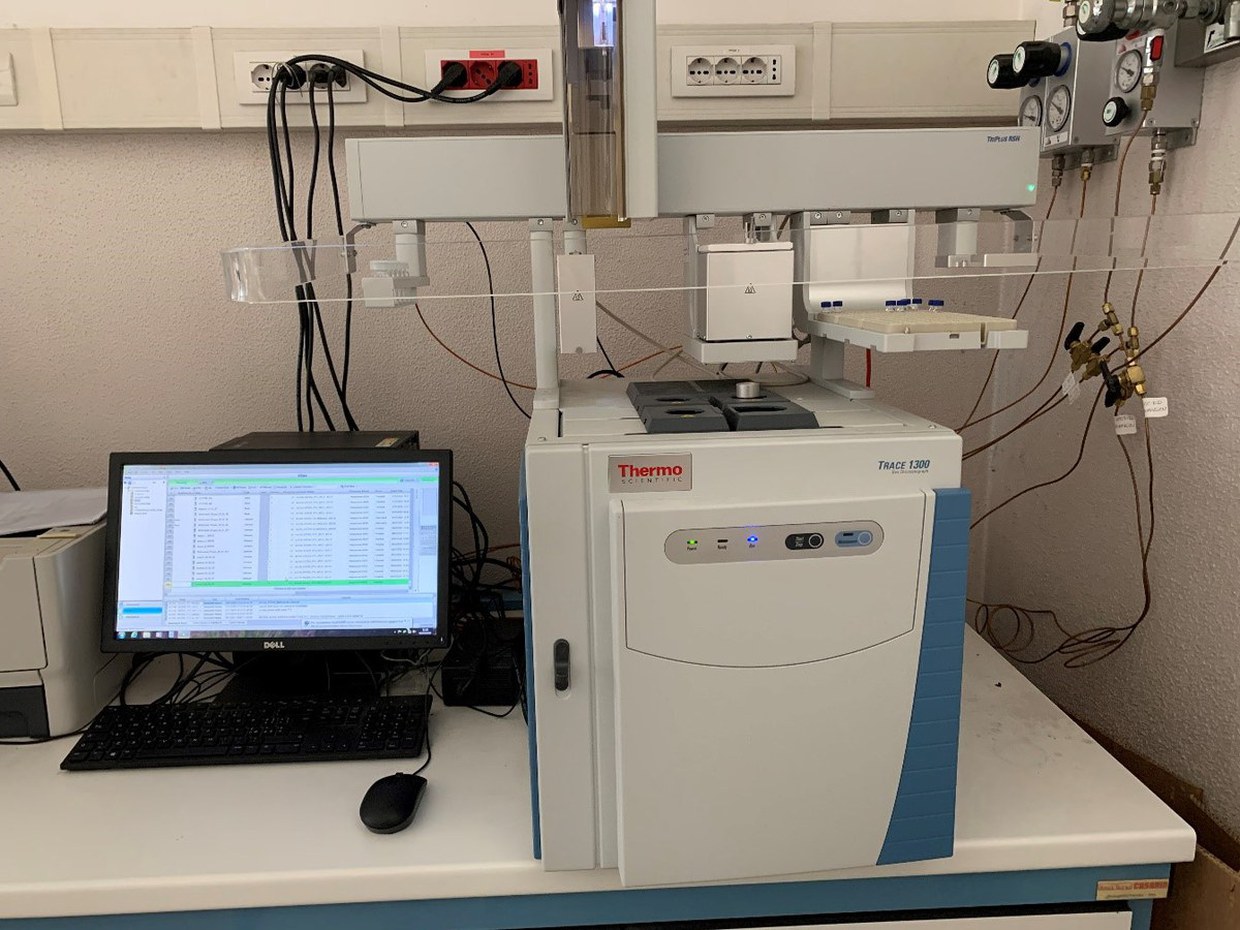The LACASS laboratory, in which research, teaching and third-party activities are carried out, is located at the Bologna and the Cesena sites of the Department of Agricultural and Food Sciences (DISTAL).
In this laboratory, conventional, instrumental and sensory analytical determinations are developed and applied for the evaluation of quality, authenticity and for the characterization of food products. The laboratory is recognized with a high competence in particular on fats and vegetable oils, on antioxidant and functional molecules (e.g. phenolic compounds) and, more generally, on the development of sustainable, rapid and innovative methods for food analysis. The modification processes induced by the conservation and transport of fats and vegetable oils (oxidation and prediction of shelf-life), as such and packaged, are studied.
LACASS lab also deals with the characterization of by-products obtained from the food industry, with specific attention to the opportunities for extraction and use of bioactive molecules in a circular economy perspective. The laboratory has a semi-industrial scale olive mill for the production of virgin olive oils, in which co-milling trials are also carried out (e.g. citrus fruits, hemp seeds, pepper, tomato by-products etc.) and innovative technological solutions tested (e.g. application of ultrasounds, oil clarification with inert gases). Furthermore, the laboratory has a laboratory-scale olive mill (Abencor®). The professional virgin olive oil tasting committee, recognized by MIPAAF in 2006, operates (Panel test and other sensory assessment) within the laboratory.
Research topics
• Analytical determinations for the evaluation of the quality and authenticity of foods, in particular of virgin olive oils
• Modifications induced by the conservation and transport of fats and vegetable oils
• Experimental productions of virgin olive oils and other virgin or "cold-pressed" oils (e.g. hemp seed oil, olive/tomato co-milled oils, formulation of "nutraceutical" oleolites)
• Titration and characterization of plant extracts (e.g. industrial hemp for food and pharmaceutical use)
• Chemical and sensory characterization of food products by:
- extraction, separation and qualitative-quantitative determination of volatile molecules, responsible for positive sensory notes and off-flavours
- analysis of triglycerides, fatty acids and minor compounds (e.g. phenolic molecules, flavonoids, carotenoids, sterols)
- measurements of the antioxidant activity of specific extracts of plant origin or molecules of plant origin
- application of sensory methods: quantitative-descriptive analysis or profiling, discriminant tests, or affective tests to evaluate consumer acceptability and preference
• Characterization and valorisation of by-products obtained from the food industry (e.g. olive and other vegetable oils, tomato and coffee processing) and investigations into the possible reuse of molecules, extracts or ingredients (e.g. phenolic compounds, lycopene, bran, essential oils)
• Coordination of the activities of the professional committee for tasting virgin olive oils recognized by MIPAAF in 2006:
- organization of virgin olive oils official tasting sessions (Panel test)
- certification of the two regional PDOs ("Brisighella" and "Colline di Romagna")
- selection and evaluation of olive oils addressed to regional and national contests and competitions
- organization of courses for the physiological suitability of virgin olive oil tasting (in Italian and English).
Laboratory equipments available
• Liquid chromatography (UHPLC-DAD, HPLC-UV-Vis/FLD, UHPLC-MS/MS) and gas chromatography (Fast GC-FID, SPME-GC-FID, SPME-GC-MS, Flash GC, GC-IMS)
• UV-Vis spectrophotometry
• Rancimat, OSI (Oxidative Stability Instrument) and MicroESR
• IRIS Visual Analyzer
• Two sensory rooms equipped with individual tasting cabins and computer workstations with dedicated Fizz and Qualtrics software (Cesena and Bologna)
• Pilot plants for the experimental production of virgin olive oils: semi-industrial scale olive oil mill (Oliomio 150, minimum mass of processable olives = 100 kg) and an Abencor®, a laboratory-scale olive mill (minimum mass of processable olives = 1 kg)
• Microscale plant for high pressure extraction of oil from oilseeds
• Supercritical Fluid (SCF) system for food use (CO2-SFE).
Service and consultations
LACASS carries out consultancy for industrial and private laboratories innovation needs, in collaboration with the Food Processes and Products Unit of the CIRI Agro (Tecnopolo di Cesena).
Educational activities and training
LACASS offers its resources to support:
• Exercises for bachelor and master's degree courses in food science and technology (AGR/15), as well as in food chemistry (CHIM/10)
• Preparation of dissertations and PhD theses, also in collaboration with companies (industrial PhD)
• Drafting, presentation and implementation of funded projects, also in collaboration with research fellows.
